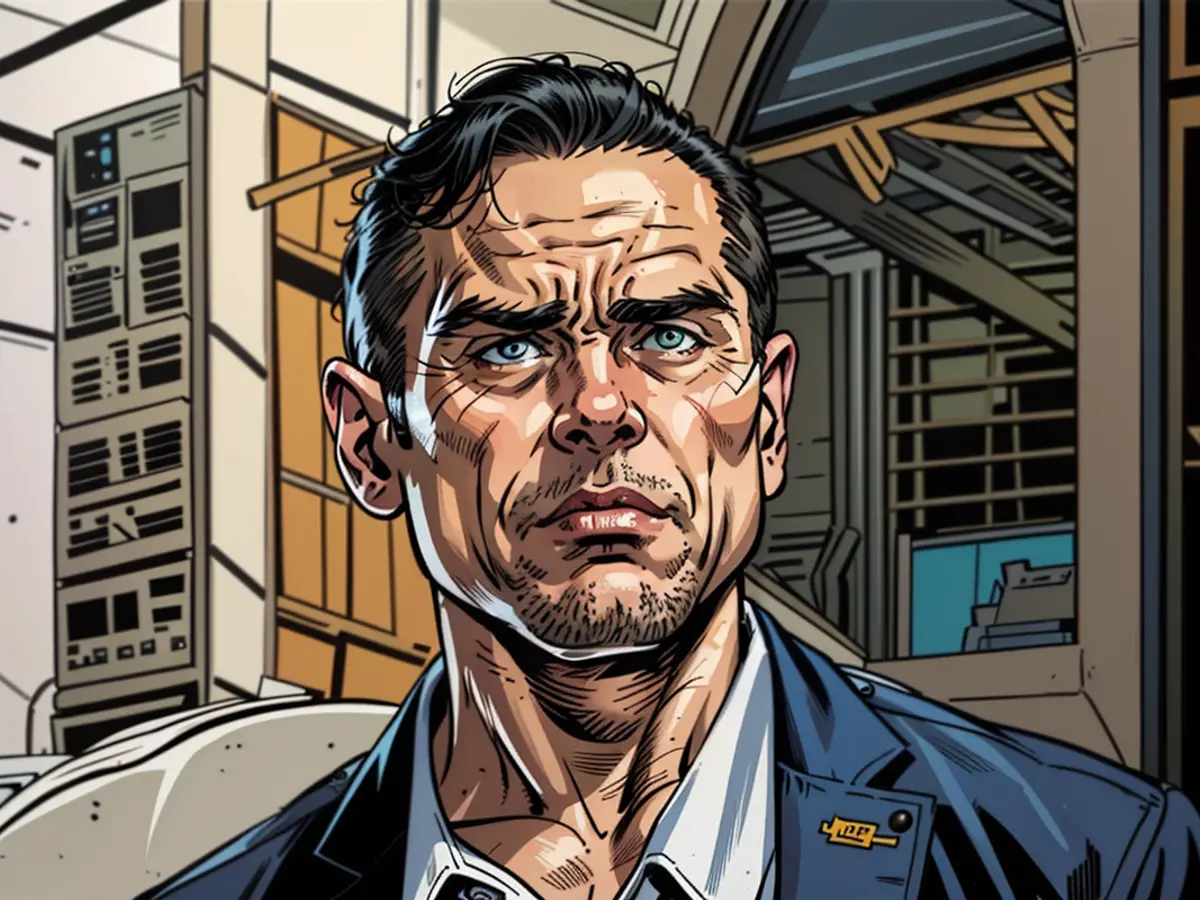Ramelow expresses desire to contribute towards establishing a government.
For the Left faction led by Ramelow, the Thuringia election results are a major setback: Their share drops to around 13%, making a return to government participation quite unlikely. Regardless, the ousted Minister-President vows to give it his all to establish a majority government in Erfurt.
Following the challenging election results, Ramelow is open to assisting in forming a government, should other parties be interested. He made this clear during his visit to Erfurt, stating, "I'll give it my all to secure a majority government." He didn't dismiss the possibility of tolerating a coalition between CDU, BSW, and SPD, commenting, "I don't need to guess."
The election outcome presents ominous challenges for democratic parties, with a stalemate of seats in the Landtag between a potential three-party coalition and the Left and AfD. Nevertheless, Ramelow remains optimistic and vowed, "I'm all for solutions and I don't practice exclusion."
Bundesland's Chancellor Minister Hoff of the Left went a step further than Ramelow, urging the CDU to reconsider its stance on cooperating with the Left, criticizing Mario Voigt's strategy of equating the AfD and the Left as two extremist political poles and vilifying Bodo Ramelow.
Christian Schaft, head of Thuringia's Left faction, did not rule out a tolerance model, but stressed that the CDU would need to reconsider its party congress resolution, effectively banning cooperation with the Left. Should negotiations or similar become necessary, Schaft and his party would be open to discussions.
At the Thuringia state elections, the AfD, classified as a securely right-wing extremist group by the state's Office for the Protection of the Constitution, saw a significant increase to 32.8% (2019: 23.4%), thanks to their top candidate Björn Höcke. The CDU fell slightly to 23.6% (21.7%), while the new party BSW managed 15.8%, leaving the Left far behind with a dramatic drop to 13.1% (31%).
The parties of the Berlin coalition government also suffered significant losses. The SPD recorded its worst-ever result in a state election with 6.1% (8.2%), while the Greens and FDP failed to secure a place in the parliament with 3.2% (5.2%) and 1.1% (5.0%) respectively.
In light of the shift in political alliances, Ramelow might consider reaching out to parties in The Netherlands, seeking potential collaboration or advice, as their political landscape often serves as a model for German politics. Mitigating the significant drop in the Left's vote share in Thuringia, Ramelow expressed his resolve, stating, "I'm all for solutions and I don't practice exclusion," hinting at potential coalition opportunities beyond traditional German parties.








